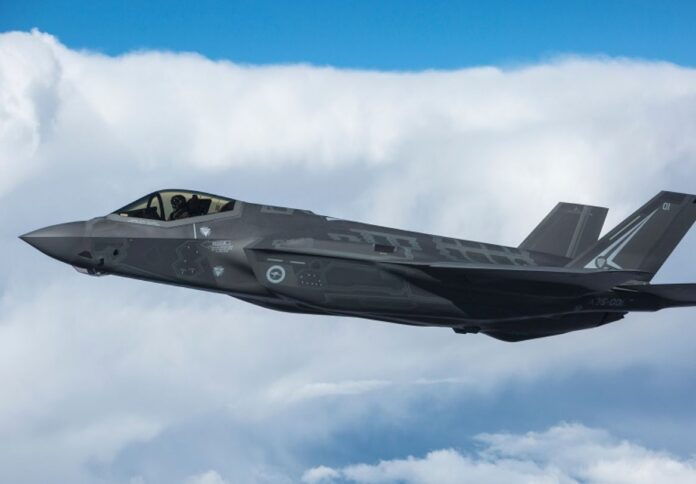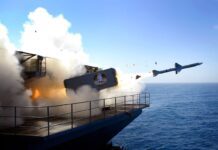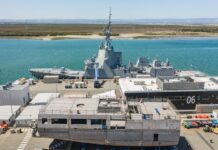
The Australian Government has doubled its initial investment with BAE Systems Australia to cement the Hunter Valley’s future as the Indo-Pacific hub for the sustainment of F-35 Lightning II aircraft.
The government signed stage two of a facility services deed with BAE Systems Australia amounting to $110 million, in addition to the initial first stage commitment worth $100 million announced in 2022.
The additional funding will allow BAE Systems Australia to build seven more maintenance bays to increase overall capacity to 13 bays to help service the growing F-35 fleet in the Indo-Pacific.
It will also enable Newcastle Airport to service Australia’s F-35 Lightning II fleet and potentially help other nations sustain and service a global F-35 fleet that is expected to reach more than 3,000 aircraft.
“This contract extension more than doubles our initial investment in the F-35 sustainment hub at Williamtown and underscores the Albanese Government’s commitment to growing our defence industry,” said Minister for Defence Industry Pat Conroy.
“Crucially, this contract secures jobs for people across the Hunter and nationally for decades to come. It also ensures the Hunter Valley’s future as a hub for the sustainment of Australian aircraft, and potentially from other nations.”
The Australian government signed the first facility services deed with BAE Systems Australia in November 2022 to build four new F-35 maintenance bays at the company’s South Hangar, Newcastle Airport.
To date, 63 of Australia’s 72 F-35A Lightning II aircraft have been accepted. All 72 of Australia’s F-35A aircraft, based at RAAF Base Williamtown and RAAF Base Tindal, will be sustained and upgraded at the Hunter facility.
“Australian defence industry is already a vital contributor of maintenance and sustainment services for the global F-35 fleet, which is expected to reach more than 3,000 aircraft. Establishing the Hunter as an Indo-Pacific hub for F-35 repair and maintenance is a testament to the high level of skills and knowledge among our defence industry workforce,” Conroy said.




















